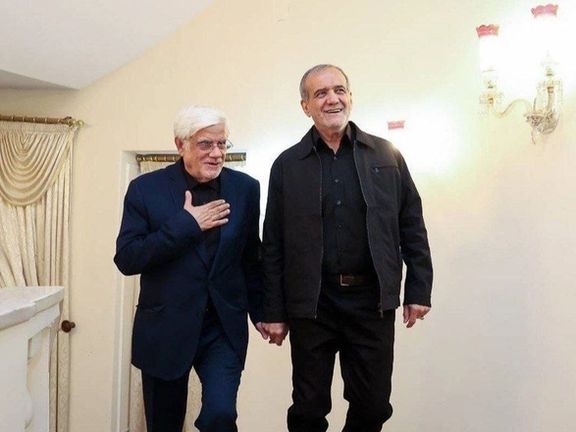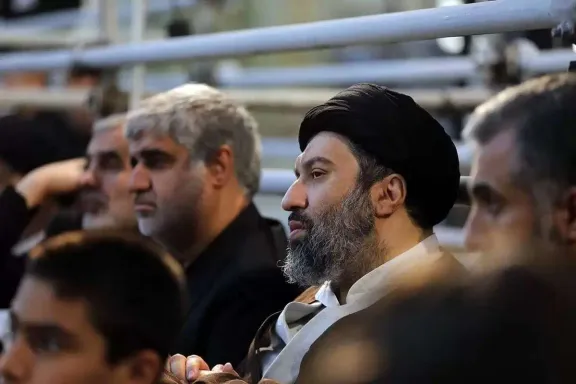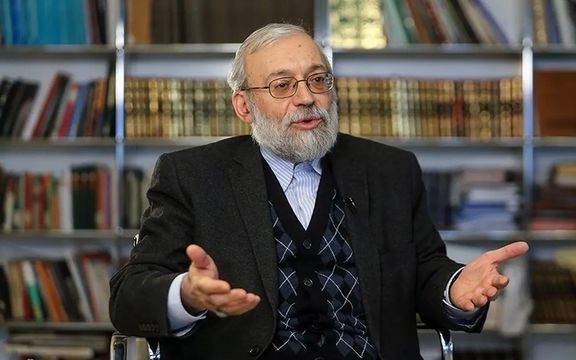Even a breakthrough in talks with the United States or renewed oil exports would not resolve Iran’s deeper political and economic dysfunction, said Mohammad Sarafraz, a member of the Supreme Cyberspace Council and former head of state broadcaster IRIB, in an interview with Khabar-e Fori. “We will not reach a desirable outcome, nor will the results benefit the people,” he added.
Sarafraz urged what he described as a “revolution in governance,” saying the Islamic Republic’s current structures had reached a dead end. On the nuclear file, he warned that Iran’s ambiguity “is certainly not to our benefit and must change,” as United Nations sanctions have now been reinstated. Continuing the present course, he said, would isolate Iran further, since “this time it will not only be the United States we face – Europe and some regional countries will also stand with America.”
His comments came as US Treasury Undersecretary John Hurley began a tour of the Middle East and Europe aimed at tightening financial pressure on Tehran.
"President Trump has made clear that Iran's destabilizing and terrorist activities must be met with sustained and coordinated pressure," Hurley said in the statement.
"I look forward to meeting with our partners to coordinate our efforts to deny Tehran and its proxies the financial access they rely on to evade international sanctions, fund violence, and undermine stability in the region."
Sarafraz also dismissed the notion that pursuing nuclear weapons could deter foreign threats. The Western countries say Iran’s uranium enrichment exceeds civilian needs. Tehran insists its nuclear program is peaceful.
Turning to Iran’s regional allies, he said groups such as Hamas, Hezbollah, and Yemen’s Houthis were now weakened or sidelined and no longer capable of providing strategic depth. “They were powerful in the past, but failed to deliver,” he said.
Sarafraz called for a recalibration of foreign policy toward the United States, China, and Russia, warning that all three “seek a weak Iran compliant with their interests.” He urged a balanced approach – “neither dependent nor hostile” – and said Iran’s faltering economy had become “a hostage of foreign policy.”
At home, he demanded fundamental reform rather than a mere change of president, advocating genuine public participation in governance.







